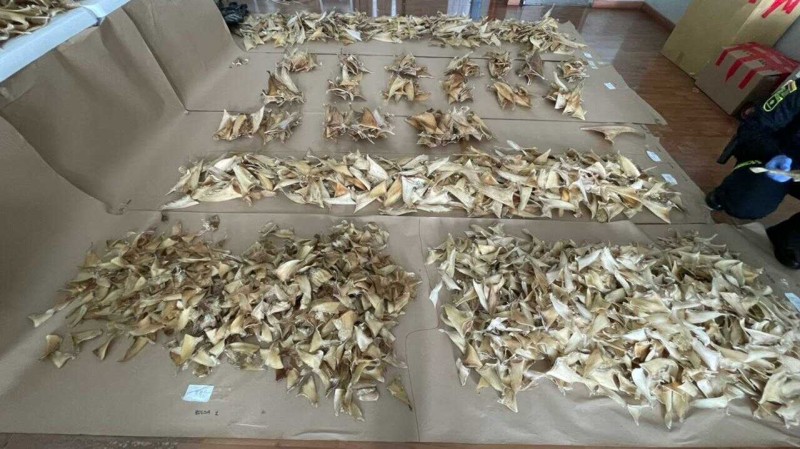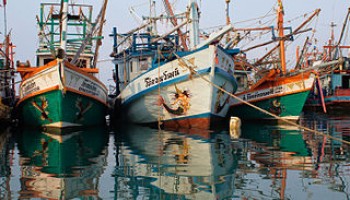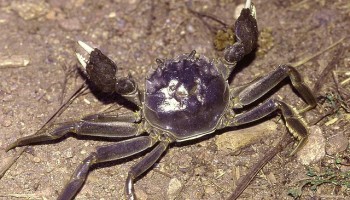“Unheard of,” she started her tweet, which then stated that officers had seized 3,493 shark fins and 117 kilograms of fish swim bladders that were to be shipped to Hong Kong.
“Between 900 and 1,000 sharks were sacrificed. Total rejection of these behaviors that affect the fauna of our country,” the Secretary added.
The shark’s were killed in the waters off the Colombian state of Roldanillo, in the country’s southwest according to CNN.
Though Hong Kong has prohibited the trade of products taken from endangered species years ago, shark fin sale and consumption has not been outlawed and the island still remains a nexus for the global trade which kills as many as 76 million sharks per year.
In 2020, Hong Kong authorities intercepted 26 tons of illegally imported dried shark fins, extracted from about 38,500 endangered sharks, according to Earth.org.
Many fins are sent on to the Chinese mainland where in soup they remain a traditional banquet delicacy. Only in 2013, did the Chinese Comunist Party issue a ban on shark fin soup at state dinners.
While the final market is China, it is off the coasts of South America where many of the sharks are fished, or simply finned -- meaning their fins removed but thrown back into the water still live to ultimately drown since sharks need to swim to breath.
In July 2020, China’s distant water fishing fleet almost caused an international incident when the Ecuadorian Navy observed it hovering off the protected waters around the Galapagos Islands, an area set up to protect among other it’s shark population.
A year later, the fleet was observed in similar exercise off the coast Argentina.
The illicit shark fin trade is only one of the many illegal enterprises that are spawned from illegal and unlicensed fishing industry.
According to an Interpol primer on the crime, “money laundering, labour exploitation, corruption and forgery are a small sample of serious crimes commonly committed during IUU fishing today.”
“Fishing vessels are often also used to smuggle people, drugs and firearms, as well as to carry out piracy or terrorist attacks,” Interpol said.
The report further noted that on shore, participants “conspire with accountants to launder money, nurture corrupt relationships with government officials, falsify regulatory documents, and consistently resort to forced labour on their ships.”






